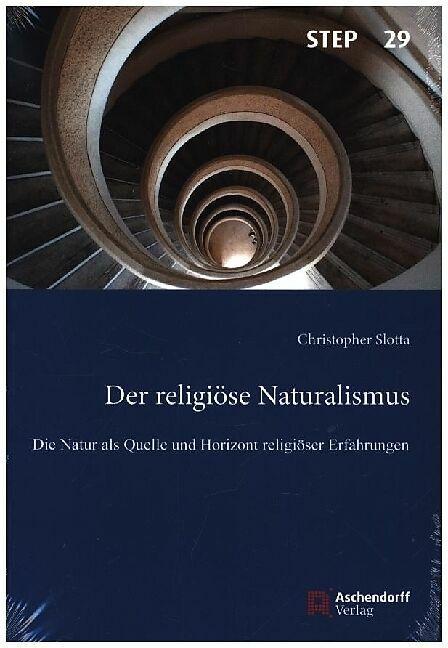
Best selling Non-fiction from Aschendorff
On this page you'll find a ranking of the best Aschendorff products in this category. To give you a quick overview, we've already ranked the most important information about the products for you.
1. Aschendorff Slotta:Der religiöse Naturalismus
"The Religious Naturalism" by Christopher Slotta is a comprehensive non-fiction book that explores the relationship between nature and religious experiences. In this work, nature is viewed as a central source and horizon for religious feelings and beliefs. Slotta highlights the philosophical and religious implications of naturalism and examines how this perspective can influence the understanding of faith and spirituality. The book is aimed at readers interested in the intersections of philosophy and religion, particularly in the context of Christianity. With a length of 320 pages, it offers a well-founded analysis and encourages reflection on the role of nature in religious practices. The paperback format and clear language make the book accessible to a wide audience. Published in 2025, it represents a valuable addition to the library of those interested in contemporary theological and philosophical discourses.

2. Aschendorff Die Gründung des Kreises Gütersloh im Jahre 1973
On January 1, 1973, the district of Gütersloh was formed from the districts of Halle (Westf.) and Wiedenbrück, as well as the city of Harsewinkel and the municipality of Schloss Holte-Stukenbrock. However, the path to its establishment was not without conflict. How did the discussions unfold? Where was there support and who opposed it? Who considered the founding to be a "bad play" and who viewed it as the "best possible solution"? How much decision-making power did the involved districts and municipalities have? This book addresses these questions on the occasion of the fiftieth anniversary of the district of Gütersloh. "We should stop pretending that in Bielefeld the dear Lord himself is sitting and in Wiedenbrück the embodiment of Satan is present." With these vivid words, the then CDU parliamentary group leader Friedrich Blotenberg addressed the members of the Halle district council to temper the emotionality of the debate. The political discussions surrounding the founding of the district of Gütersloh were at times quite intense. It was by no means certain that a district of Gütersloh would emerge in its current form. Decision-makers also considered a district of Wiedenbrück-Beckum and a district of Halle-Bielefeld. Why not assign Schloss Holte-Stukenbrock to the district of Paderborn, Versmold to the district of Warendorf, or Werther to the city of Bielefeld?.
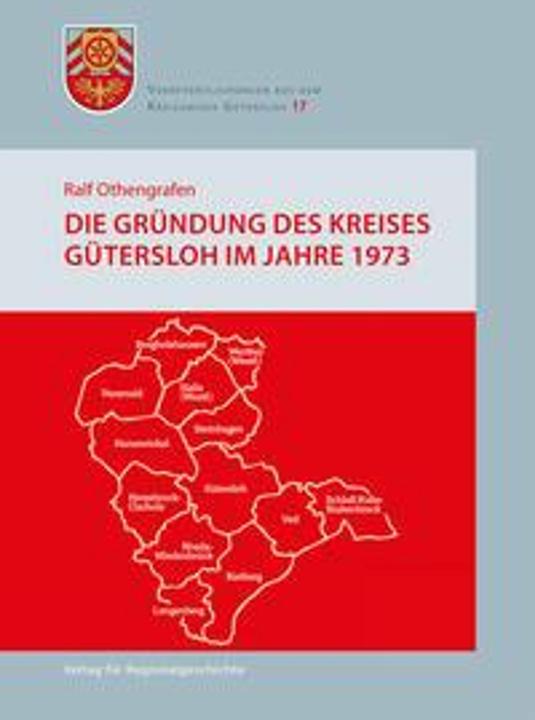
3. Aschendorff Grenzgnge
The book "Grenzgänge" offers a well-founded exploration of liturgical studies and illuminates the intersections between academic discourse, plural culture, and church life. Written by authors Stephan Winter and Stefan Böntert, the work is aimed at readers interested in the themes of philosophy and religion. With a length of 312 pages and an appealing design measuring 16 cm in width and 23.6 cm in height, it is suitable for both academic use and personal study. The book is written in German and will be published in 2025. Weighing 622 grams, it is portable and easy to carry. "Grenzgänge" thus represents a valuable contribution to the discussion about the role of liturgy in a changing society and offers profound insights into the challenges and opportunities arising from the encounter of tradition and modernity.
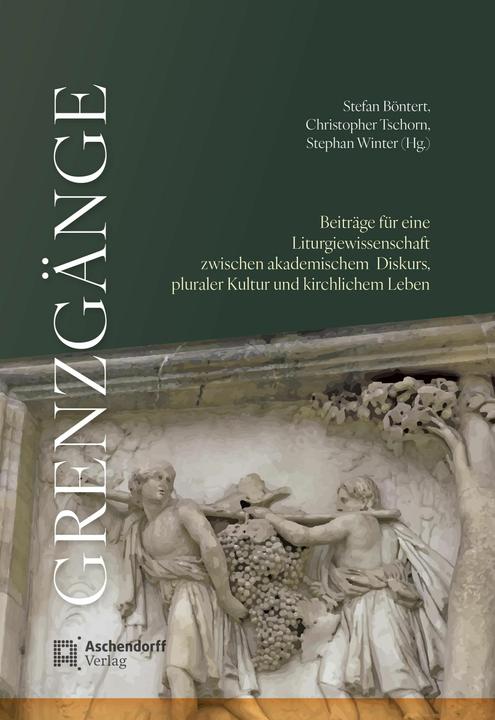
4. Aschendorff Riedl:Orden. Die zweite Generation
The phenomenon of orders and religious communities, along with their complex development and the establishment of guidelines, rules, and forms of communal living, has shaped Christianity from the very beginning. The founding figures, when known or even prominent, are often attributed with charismatic presence and courageous initiative. They are usually the central actors who determine our understanding of the beginnings of religious communal life across the epochs of church history. In contrast, this book focuses on the second and third generations of orders and religious communities. More often than assumed, the beginnings of religious communal life are shrouded in darkness or are constructed (sometimes significantly) later as narratives of the beginnings. Of great interest are the transitions from fluidity and experimentation to permanence and stability of a community, from the charisma that needs to be more precisely defined in each case to the institution, and from a trial character to a legally stable order. Such transitions have been - and are - almost always marked by crises, conflicts, and narratives that interpret and transmit the origins of the community in light of the current tensions or undergo adaptation processes, where the acting individuals often unjustly remain in the background. The authors of this book dedicate themselves to this previously little-explored phase of crisis and the "fermentation" of religious communal life.
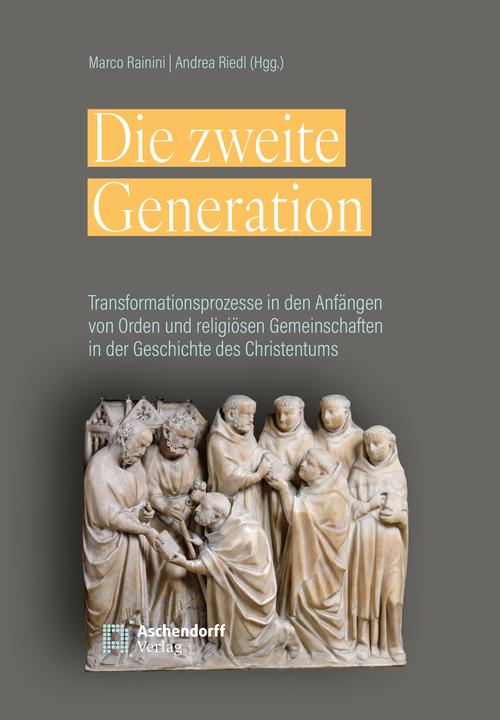
5. Aschendorff Katholizismus am Eisernen Vorhang
"Catholicism at the Iron Curtain" is a well-researched non-fiction book that explores the role of Catholicism in the context of the Cold War between 1945 and 1965. It sheds light on the complex relationships between the Vatican and West Germany during a time marked by political tensions and ideological conflicts. The author analyzes how the Catholic Church responded to the challenges and changes brought about by the Iron Curtain and the division of Europe. The book offers an in-depth engagement with the themes of philosophy and religion and examines the impact of Catholicism on society and politics in West Germany. With 237 pages and a hardcover binding, it is suitable for both professionals and interested readers who wish to delve into the history of Christianity and its role in the modern world. The first edition of this work will be published in 2025 and is written in German.
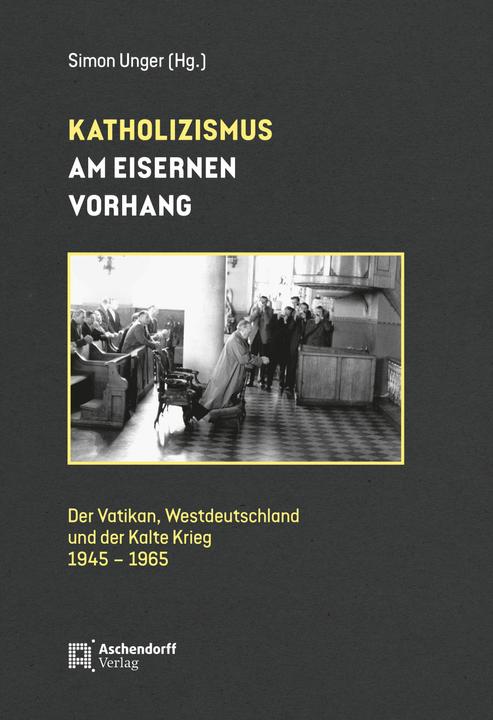
6. Aschendorff Adel:Das Projekt Europa
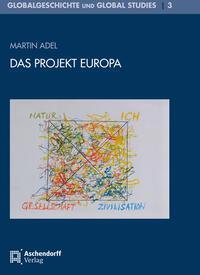
7. Aschendorff Become a book 1
This book invites you to embark on a practical journey of thought, where you will gain insight into your own perception of humanity, its shadows, and opportunities. You will learn to actively recreate this perception repeatedly – in order to act responsibly based on your insights. Thus, instead of fixed, preconceived notions, a vibrant realization of present-minded thinking emerges.
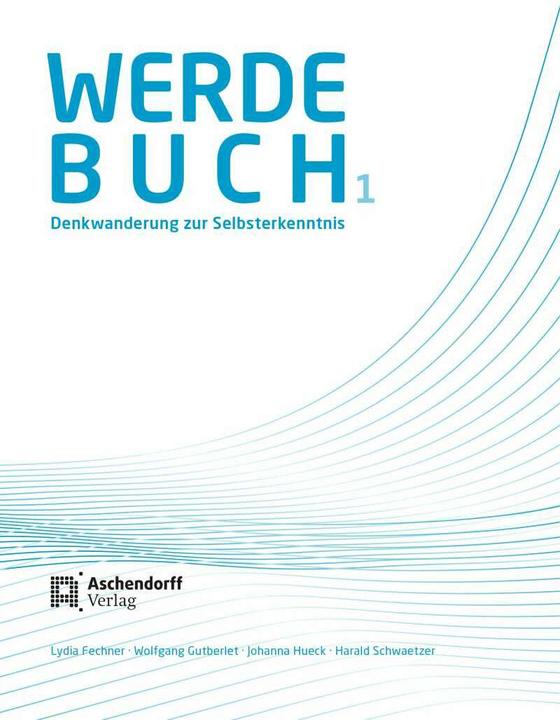
Become a book 1
German, Johanna Hueck, Wolfgang Gutberlet, Harald Schwaetzer, Lydia Fechner, 2020
8. Aschendorff Die Ortsnamen des Kreises Siegen-Wittgenstein
The place name book for the Siegen-Wittgenstein district examines around 300 settlement names that have been documented in writing from the beginnings of record-keeping in the ninth century up to around 1600. Among these are names of more than 120 settlements that have either been abandoned (temporarily or permanently) or later built over. Many settlement names in the area are based on old water and field names, thus dating back to pre-Christian times. The linguistic-historical investigation reveals a landscape of Westphalian settlement names, which serves as an important historical source, providing numerous insights for geographical, archaeological, regional and local historical, cultural, economic, and legal historical research. With this volume, the Westphalian place name book is completed in 20 volumes.
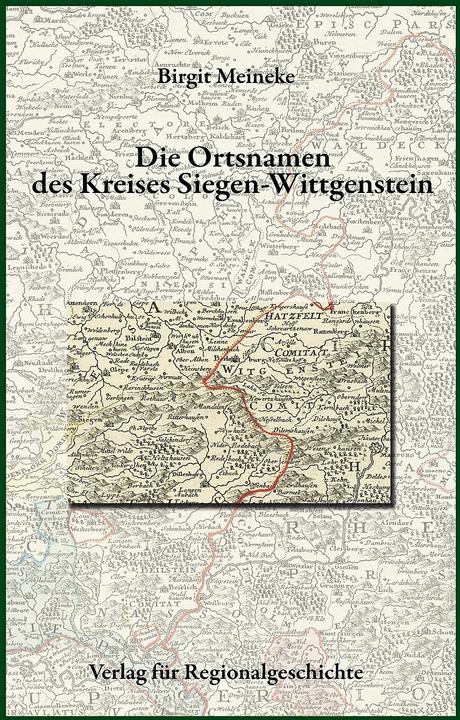
9. Aschendorff Kontemplation
Since the mid-20th century, the restless West has increasingly turned its gaze eastward in search of inner stability. The current movements, including Christian ones, are diverse in their quest to regain a contemplative attitude and to find a way out of a lifestyle characterized by overwhelm and exploitation of oneself and the world. Inner peace, presence, pure immediacy, living in the now, ultimate identity, oneness with the divine ground—these are some of the key terms of contemplation found in various traditions. The possibilities range from the accidental emergence of the unavailable to a consciously chosen path of practice aimed at opening oneself to the experience of divine reality. This anthology addresses the foundations, illuminates forms of practice, does not shy away from analyzing the times, and seeks to build bridges between different traditions in the Western and Eastern hemispheres.
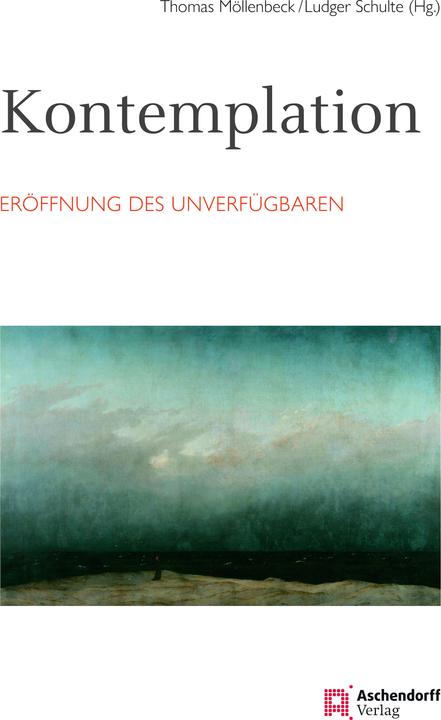
10. Aschendorff Digitale Transformationen der Gesellschaft
Digitalization is driving transformation processes that fundamentally change the ways we live together. This affects not only how we live, seek partners, work, reside, consume, or present ourselves, but also societal areas such as politics, education, economy, and health are undergoing a digital transformation. These changes are accompanied by not only hopes but also fears that express the ambivalences of digitalization.
The complexity and depth of impact of digital transformation processes raise questions about their controllability, their purposes, and possible orientations:
- Which technological developments need to be regulated?
- How can appropriate legitimacy be achieved?
- Who takes responsibility?
- How and according to what criteria should ethical evaluations be made?
- And last but not least: Are there limits to these developments, or have the possibilities of what is feasible already surpassed and resolved the ethical questions?
The texts in this anthology approach digital transformations from various perspectives. Through different approaches, the themes of 'Digitalization and Society', 'Body and Technology', and 'Digitalization and Democracy' are explored. Furthermore, the implications for caregiving and the handling of modern weapon technologies are discussed as practical applications.

Digitale Transformationen der Gesellschaft
German, Anna Maria Riedl, Kistler Sebastian, Anna Puzio, Werner Veith, 2023

